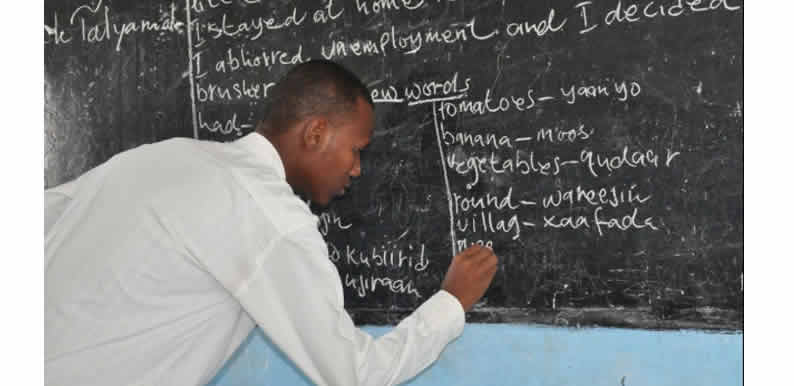The Nigeria Union of Teachers (NUT) in Abia State is poised to commence a strike action on Thursday, April 24, 2025, following the state government’s perceived failure to address the union’s concerns regarding teachers’ welfare. The impending strike is the culmination of a series of escalating actions by the NUT, including a 14-day ultimatum and a subsequent seven-day notice issued to Governor Alex Otti. The core issues driving the union’s decision revolve around salary discrepancies, non-payment of arrears, and inconsistencies in the implementation of retirement age extensions and promotion procedures. The NUT contends that the government has consistently disregarded their appeals, leaving them with no option but to resort to industrial action to protect the interests of their members.
At the heart of the dispute is the March 2025 salary payment, which, according to the NUT, excluded both the nationally agreed minimum wage and the Teachers’ Salary Structure. This contrasts sharply with the treatment of other unions in the state, such as the Medical and Health Workers Union and the judiciary, who reportedly received their March salaries based on their respective special salary structures. This perceived disparity has fueled resentment among teachers, who feel undervalued and unjustly treated by the government. Furthermore, the NUT expresses concern over the continued retirement of teachers by the Abia State Universal Basic Education Board (ASUBEB) despite Governor Otti’s approval of a service extension to 65 years of age or 40 years of service. The union sees this as a blatant disregard for the governor’s own directive and a further indication of the government’s lack of commitment to teachers’ welfare.
Compounding these issues is the irregular and uncoordinated manner in which promotions are being handled. The NUT alleges that promotions are released haphazardly, creating confusion and potentially undermining the morale and motivation of teachers. The union views this as symptomatic of a broader systemic problem within the education sector, where proper procedures and standards are not being adhered to. The accumulation of these unresolved grievances, coupled with the perceived lack of responsiveness from the government, has led the NUT to believe that their concerns are not being taken seriously.
The non-payment of arrears to teachers in basic schools is another major sticking point in the ongoing dispute. While their counterparts in the Secondary Education Management Board (SEMB) have reportedly begun receiving partial payments of their arrears, basic school teachers continue to be overlooked. This differential treatment adds another layer of complexity to the situation and further exacerbates the sense of inequity among teachers. The NUT argues that if SEMB teachers are receiving their arrears, there is no justifiable reason for delaying payments to basic school teachers. This inconsistency in treatment reinforces the union’s perception that the government is not prioritizing the welfare of all teachers equally.
The NUT has repeatedly attempted to engage with the government to resolve these issues amicably. The 14-day ultimatum, followed by the seven-day notice, were intended to provide ample opportunity for dialogue and negotiation. However, the union maintains that the government has failed to respond adequately to their concerns, leaving them with no alternative but to embark on strike action. The NUT emphasizes that the decision to strike was not taken lightly and is a last resort after all other avenues for resolution have been exhausted.
The union has expressed hope that Governor Otti will intervene to prevent the situation from escalating further. They have stressed that their primary objective is to secure better working conditions and fair treatment for their members, and they believe that a strike is the only remaining option to achieve this goal. The NUT understands the potential disruption a strike may cause to the education system, but they argue that the long-term consequences of inaction by the government would be far more detrimental. They maintain that a well-motivated and fairly compensated teaching workforce is essential for providing quality education to the children of Abia State. The union’s leadership has expressed a willingness to return to the negotiating table if the government demonstrates a genuine commitment to addressing their concerns.


